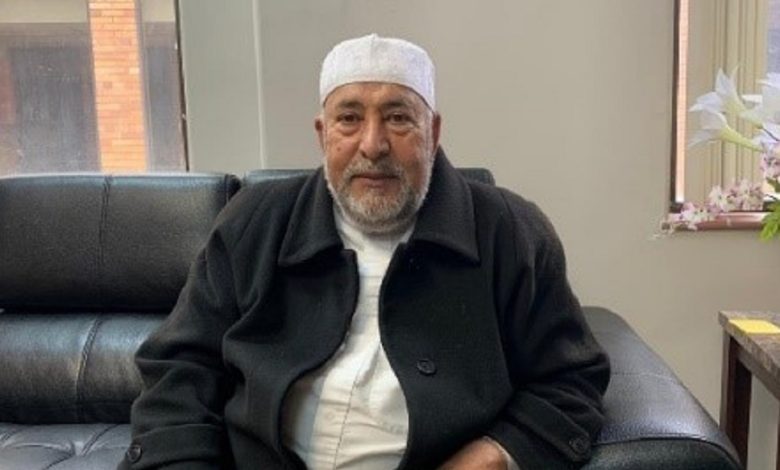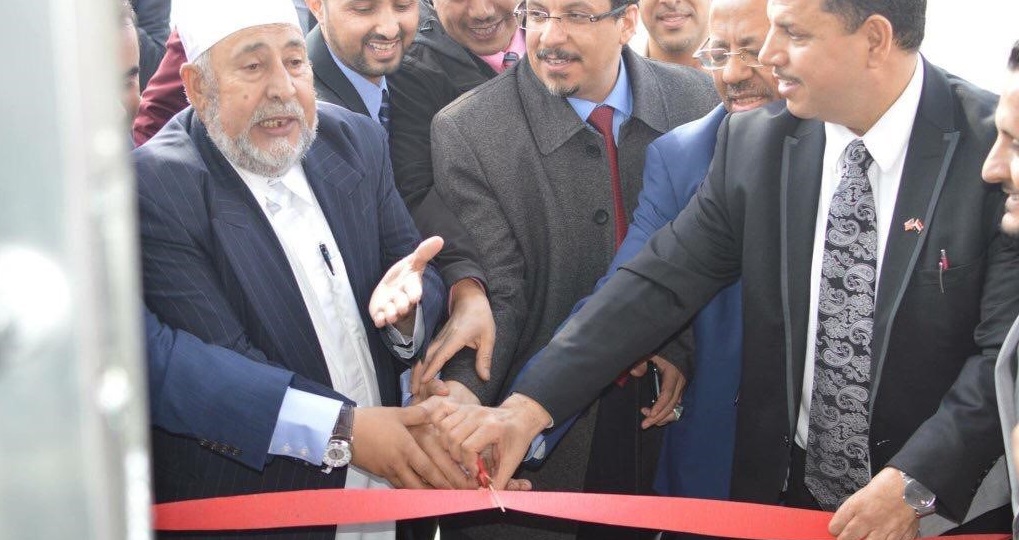From Dreamer to Community Leader: The Legacy of Uncle Saleh Aljahim in Yemeni-American History
How a 19-year-old immigrant from Ibb, Yemen became a pillar of faith, unity, and leadership in Hamtramck, Michigan.

Mr. Saleh Aljahim, affectionately known as “Uncle Saleh”, is one of the most beloved and respected figures in the Yemeni-American community. A native of Ibb Governorate, Yemen, and a proud father of nine children, his life story embodies the resilience, faith, and dedication of immigrant success in America.
At just nineteen years old, he left Yemen in search of better opportunities to support his family. He entered the United States in April 1974 through the sponsorship of his older brother, a U.S. resident. Like many newcomers, his early days were filled with uncertainty, struggle, and the daunting challenge of learning English in a foreign land.
Early Challenges and Perseverance
With limited language skills and no prior exposure to American society, Uncle Saleh enrolled in a language institute, where daily classes gave him a window into American culture and society. He credits the local community’s warmth and support for helping him adjust and feel welcomed.
However, rising living costs and the burden of supporting both his siblings in the U.S. and family back in Yemen forced him to leave school and find work. He took on various jobs requiring minimal language or experience, eventually joining a factory, where his hard work earned him multiple promotions. His determination and deep respect for U.S. law and values impressed colleagues and supervisors alike.
A Vision for Unity and Faith
By the late 1970s, Uncle Saleh saw that Yemenis in the U.S. were scattered and disconnected. He envisioned a community center that would unite them under shared values of faith, love, and mutual support. He found a church for sale in Hamtramck, Michigan, and transformed it into the first Yemeni association, named Majma Alayman.
From this association, he helped launch:
-
Mu‘ath Bin Jabal School – an Islamic school for Yemeni and Muslim children.
-
A small prayer room, which later expanded into a full mosque.
These institutions became the spiritual and cultural heart of the Yemeni-American community in Michigan, welcoming people of all backgrounds and fostering unity through peace, tolerance, and interfaith understanding.

Civic Engagement and Advocacy
Mr. Aljahim’s leadership extended beyond religion. He advocated for civic cooperation, encouraging Yemenis to understand their rights and responsibilities as American citizens. He built bridges with local government, law enforcement, and other ethnic organizations, promoting integration without sacrificing cultural identity.
One of his biggest challenges was convincing Yemenis to form an organized social voice. Through persistent outreach and education, he helped the community establish a respected presence in Michigan, building positive relationships with the Governor’s office, police departments, and judicial authorities.
A Call to Future Generations
As one of the founding fathers of the Yemeni-American presence in Hamtramck, Mr. Aljahim now calls upon the next generation to protect, preserve, and elevate the legacy he helped build. He urges all community members to give back, remain united, and continue strengthening the social fabric of the city and the nation they now call home.
The story of Uncle Saleh Aljahim is more than just an immigrant success story—it’s a blueprint for community leadership, interfaith harmony, and cultural resilience. From a young newcomer with no English to a respected leader and institution-builder, his journey reflects the best of the American dream.



